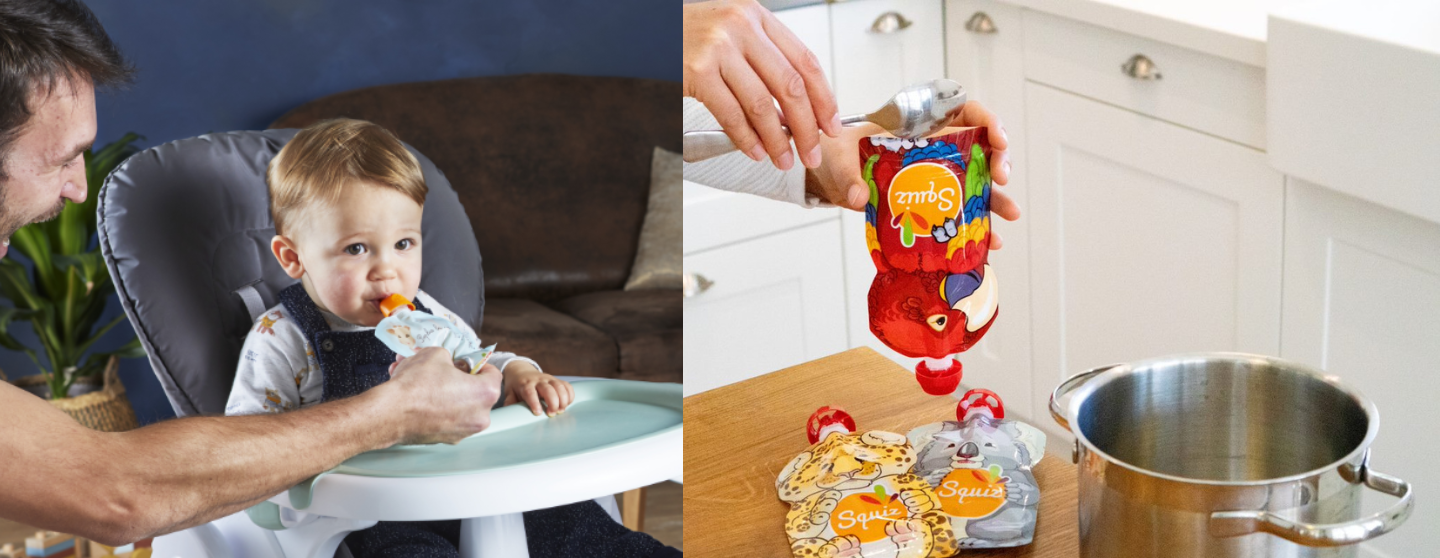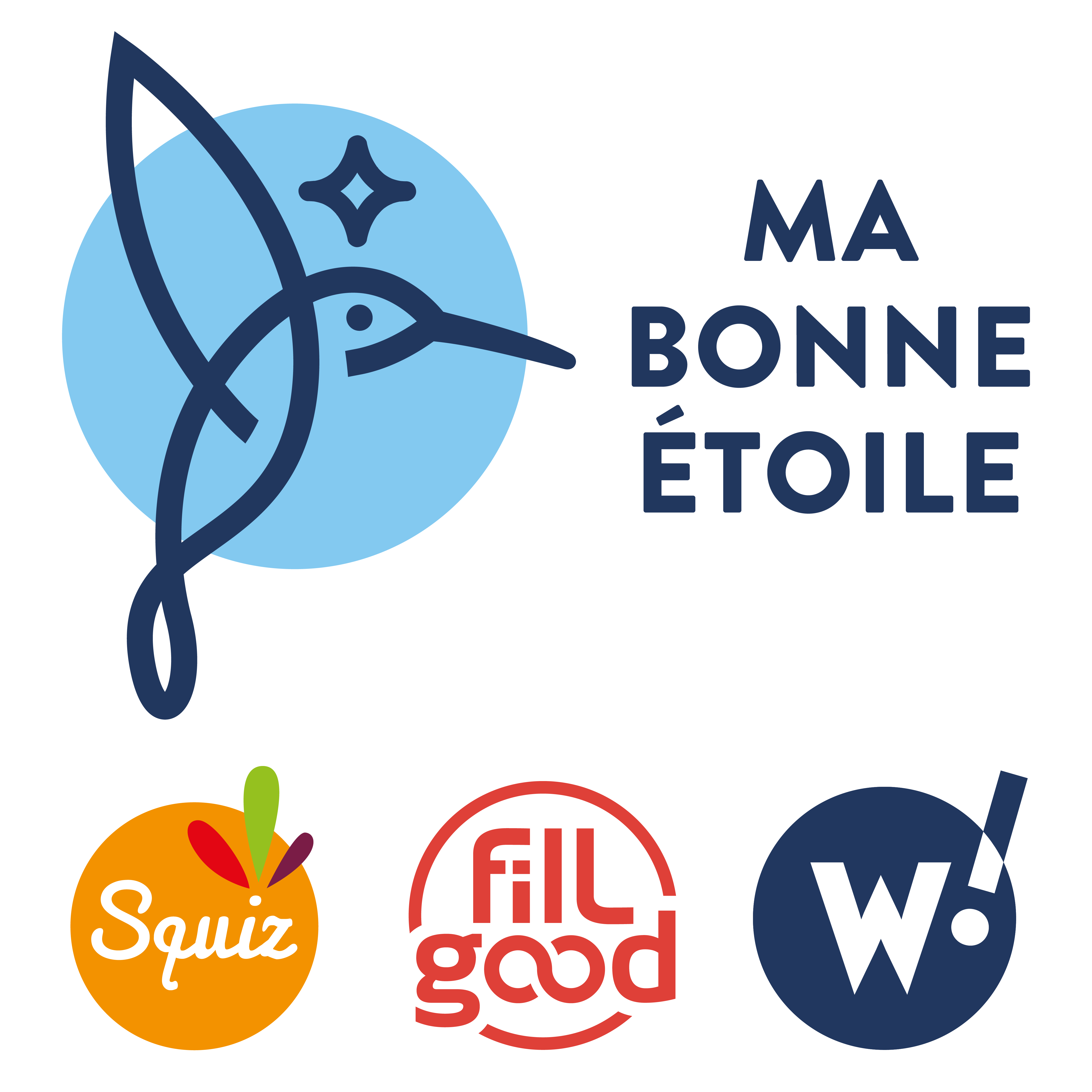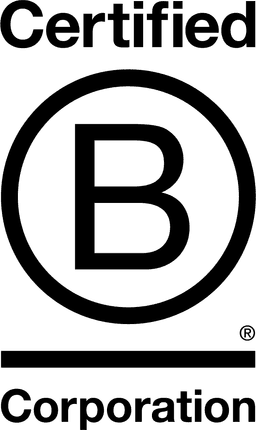

Ma Bonne Etoile

Île-de-France, France
November 2015
Rubber & plastics products
Wholesale/Retail
Belgium,
France,
Germany,
Netherlands The,
Switzerland,
United States
Founded in 2014 by Elizabeth and Nicolas Soubelet, Ma Bonne Etoile is a values-driven company that manufactures ecological products to make families' lives easier... and more fun! SQUIZ reusable food pouches are the only product of their type, worldwide, to source over 60% of their product cost from local suppliers. SQUIZ has proven that it's possible to make consumer products locally and profitably. Since their commercial launch, SQUIZ has prevented the creation of over 50 tons of non-recyclable consumer waste through the use of their reusable pouches. Beginning in the prototype stage, the founders carefully considered the impact of their products in terms of environmental health and the social role of the company they wanted to create. The question was not only: ÒHow would this benefit the company?Ó but especially: ÒWhat benefit could the company bring to others?Ó With strong values deeply rooted in sustainable development as well as social responsibility, SQUIZ seeks to provide ethical products for all ages, to support charitable projects, and to be a driving force in the reduction of household waste.
Overall B Impact Score
Governance 18.7
Governance evaluates a company's overall mission, engagement around its social/environmental impact, ethics, and transparency. This section also evaluates the ability of a company to protect their mission and formally consider stakeholders in decision making through their corporate structure (e.g. benefit corporation) or corporate governing documents.
What is this? A company with an Impact Business Model is intentionally designed to create a specific positive outcome for one of its stakeholders - such as workers, community, environment, or customers.
Workers 29.8
Workers evaluates a company’s contributions to its employees’ financial security, health & safety, wellness, career development, and engagement & satisfaction. In addition, this section recognizes business models designed to benefit workers, such as companies that are at least 40% owned by non-executive employees and those that have workforce development programs to support individuals with barriers to employment.
Community 57.4
Community evaluates a company’s engagement with and impact on the communities in which it operates, hires from, and sources from. Topics include diversity, equity & inclusion, economic impact, civic engagement, charitable giving, and supply chain management. In addition, this section recognizes business models that are designed to address specific community-oriented problems, such as poverty alleviation through fair trade sourcing or distribution via microenterprises, producer cooperative models, locally focused economic development, and formal charitable giving commitments.
What is this? A company with an Impact Business Model is intentionally designed to create a specific positive outcome for one of its stakeholders - such as workers, community, environment, or customers.
Environment 38.1
Environment evaluates a company’s overall environmental management practices as well as its impact on the air, climate, water, land, and biodiversity. This includes the direct impact of a company’s operations and, when applicable its supply chain and distribution channels. This section also recognizes companies with environmentally innovative production processes and those that sell products or services that have a positive environmental impact. Some examples might include products and services that create renewable energy, reduce consumption or waste, conserve land or wildlife, provide less toxic alternatives to the market, or educate people about environmental problems.
What is this? A company with an Impact Business Model is intentionally designed to create a specific positive outcome for one of its stakeholders - such as workers, community, environment, or customers.
Customers 3.4
Customers evaluates a company’s stewardship of its customers through the quality of its products and services, ethical marketing, data privacy and security, and feedback channels. In addition, this section recognizes products or services that are designed to address a particular social problem for or through its customers, such as health or educational products, arts & media products, serving underserved customers/clients, and services that improve the social impact of other businesses or organizations.